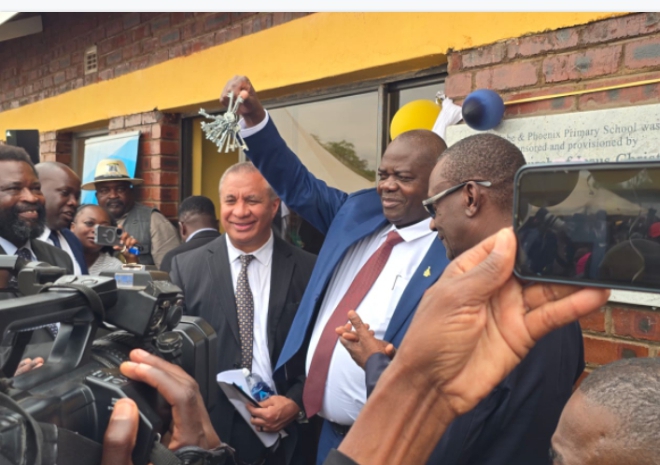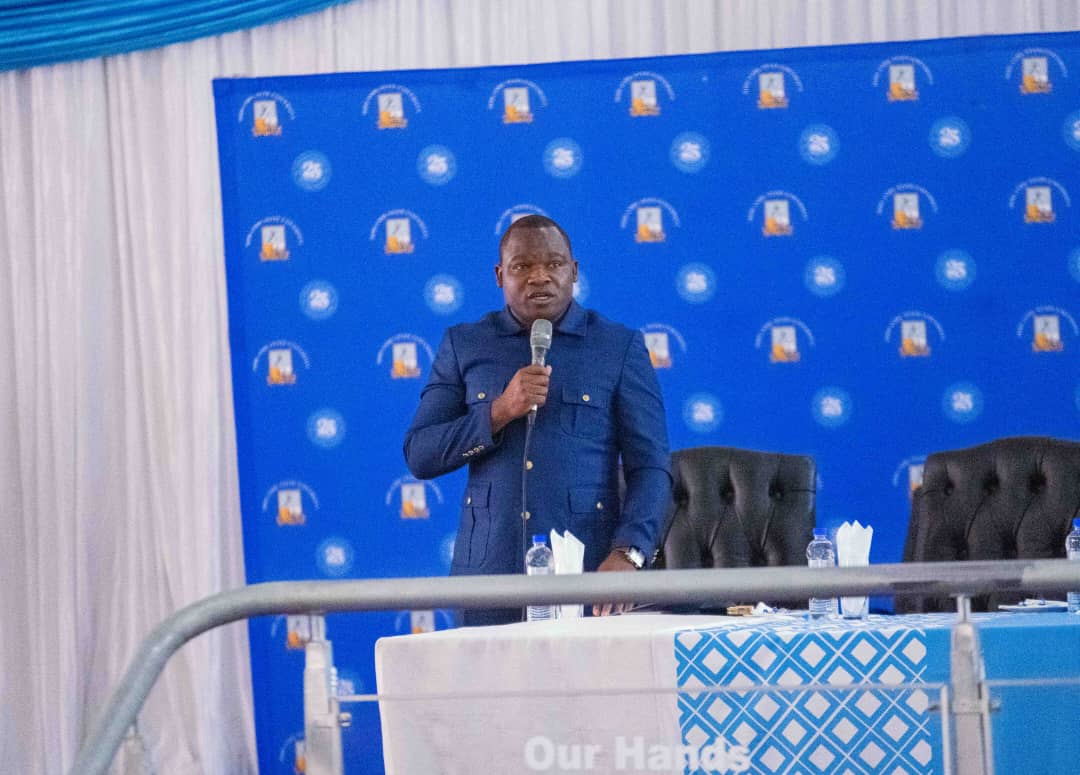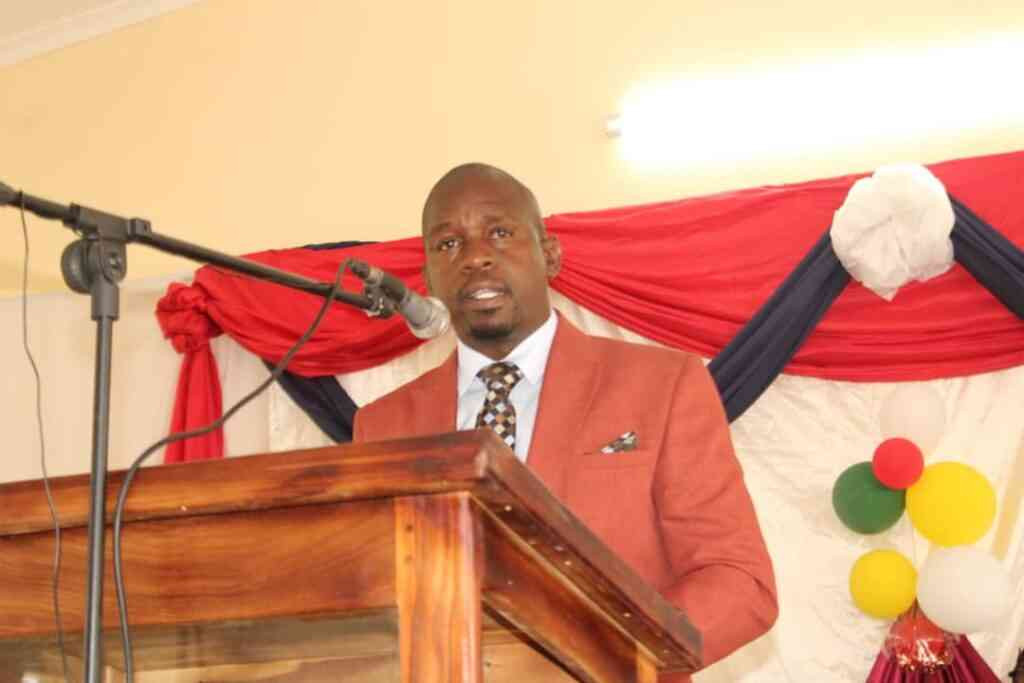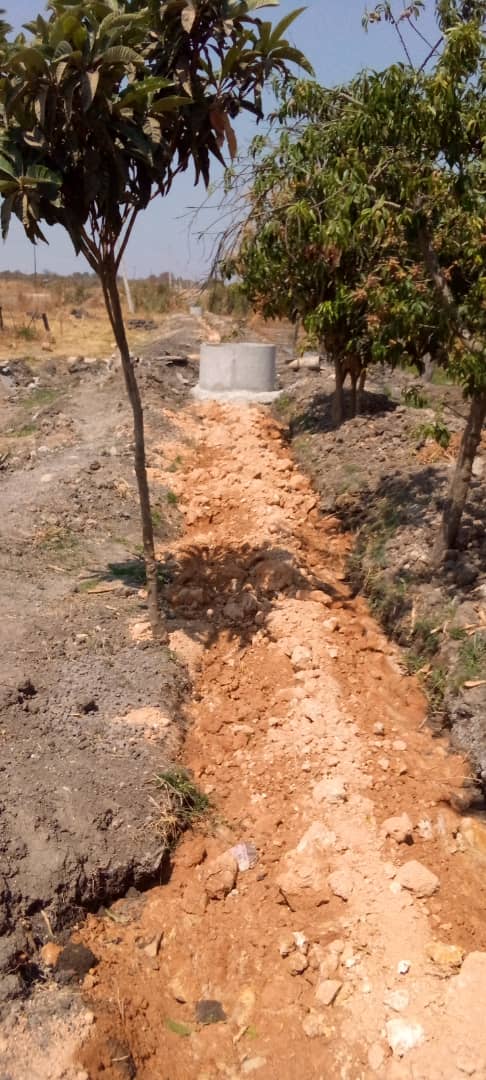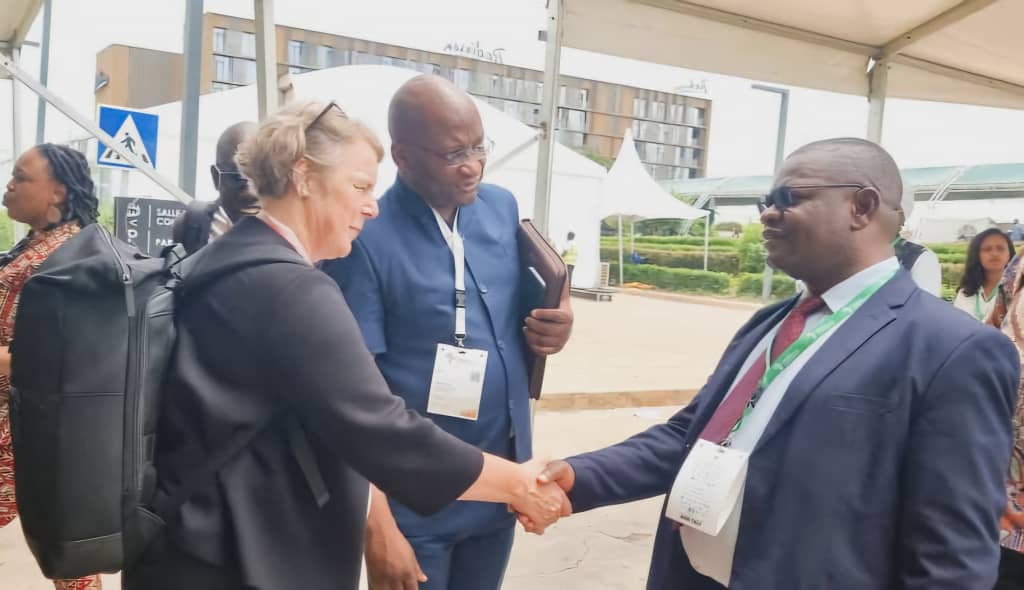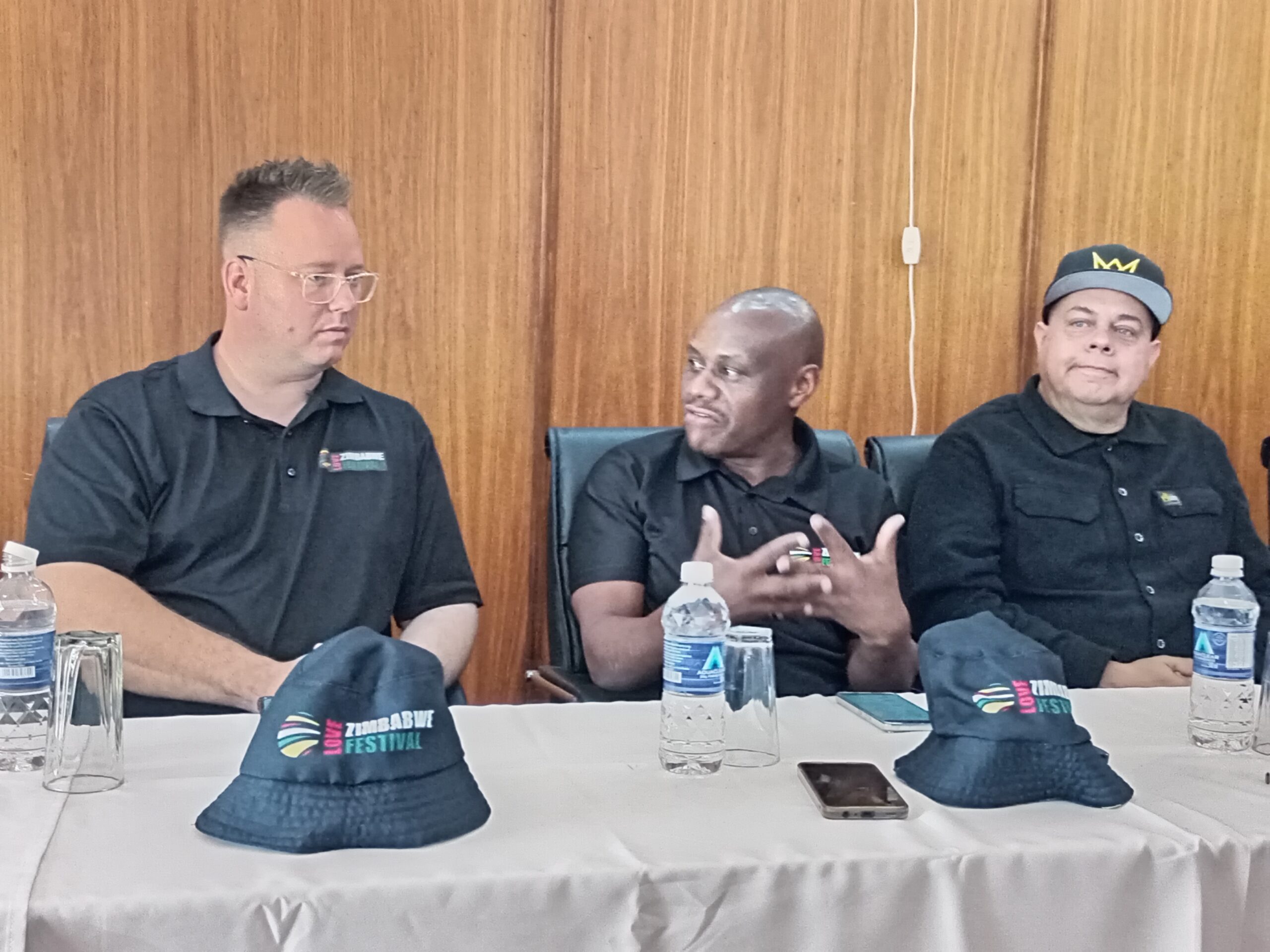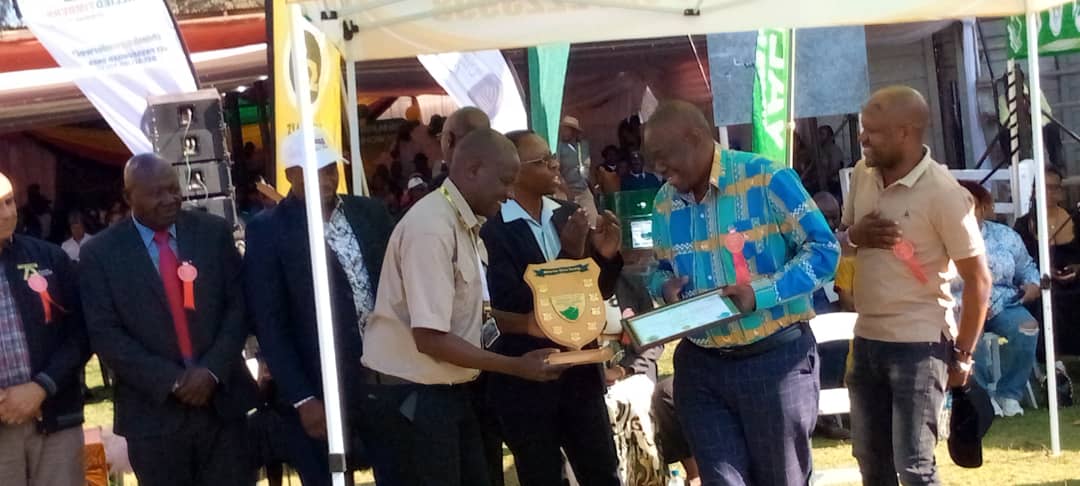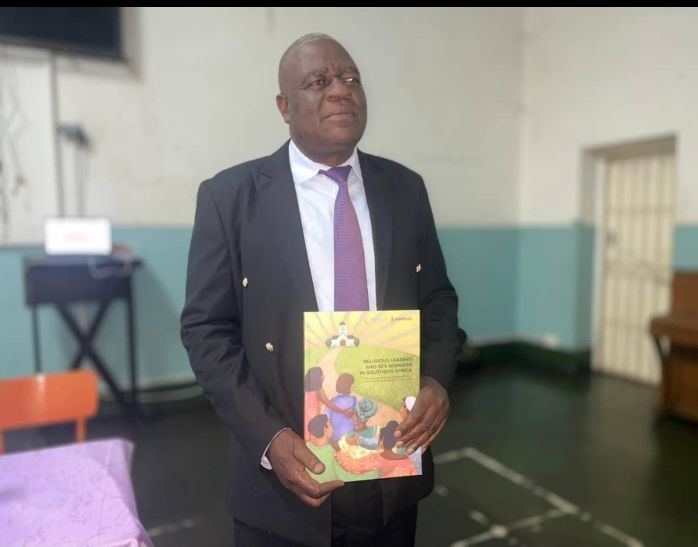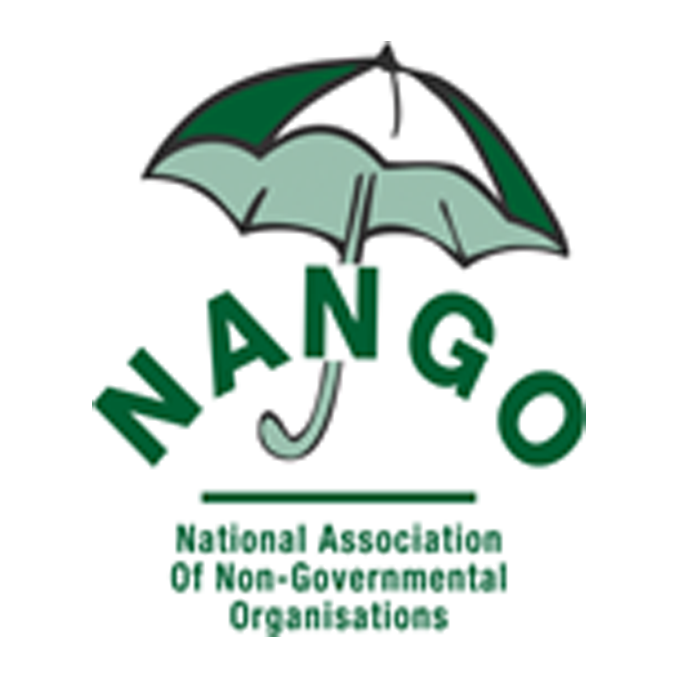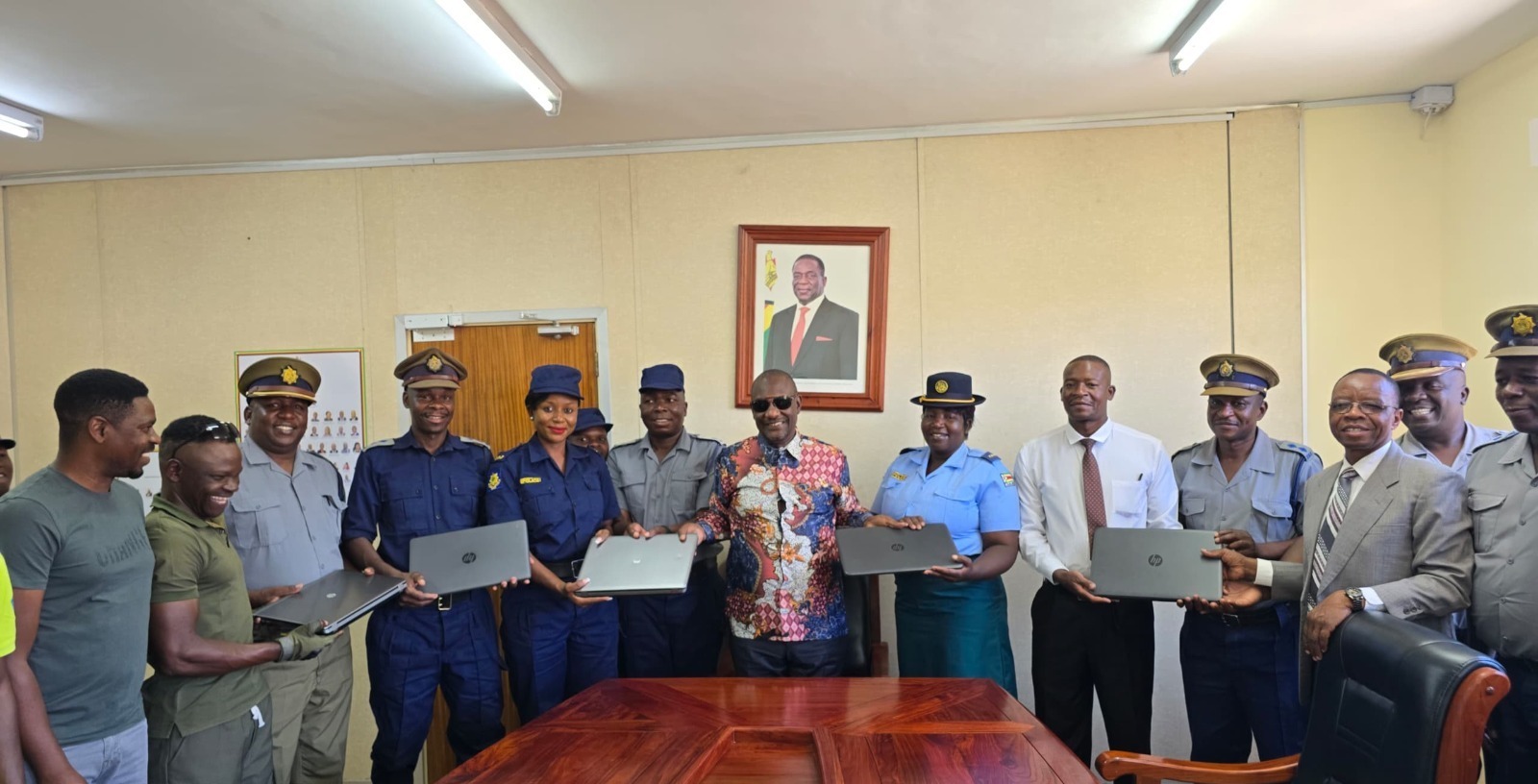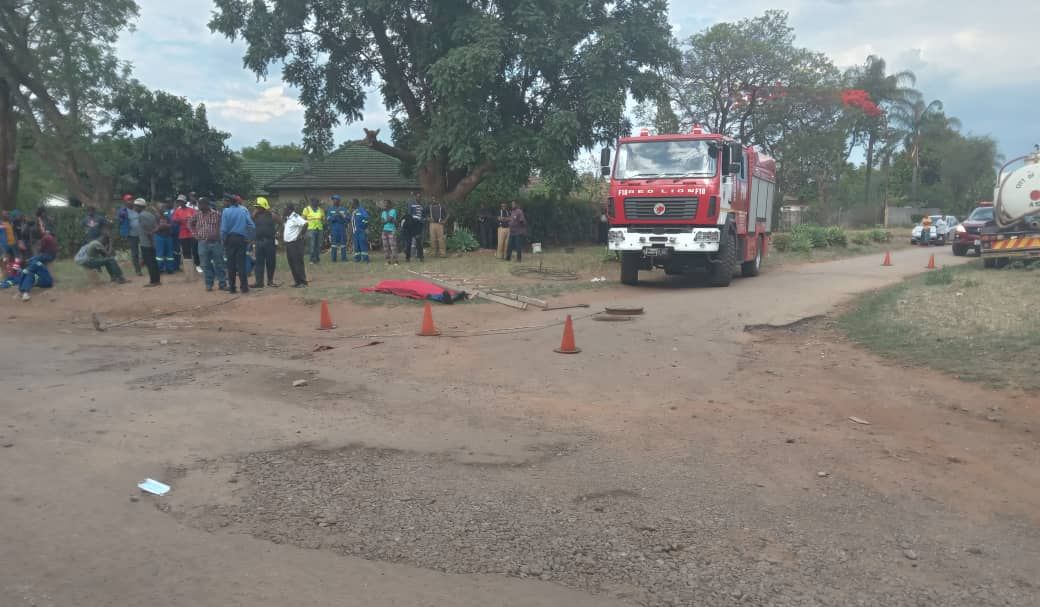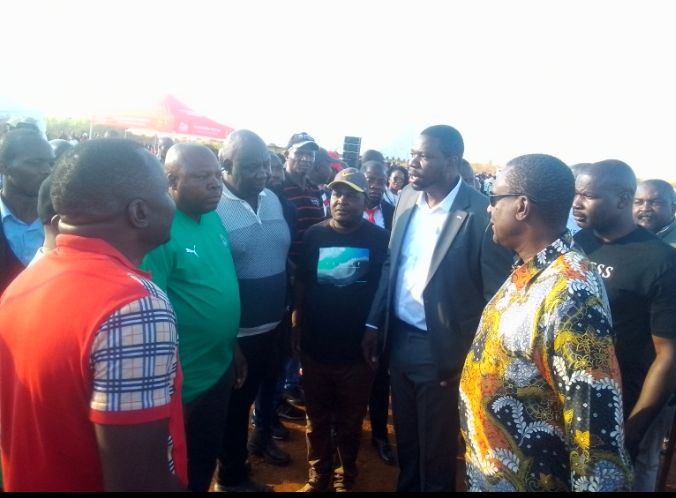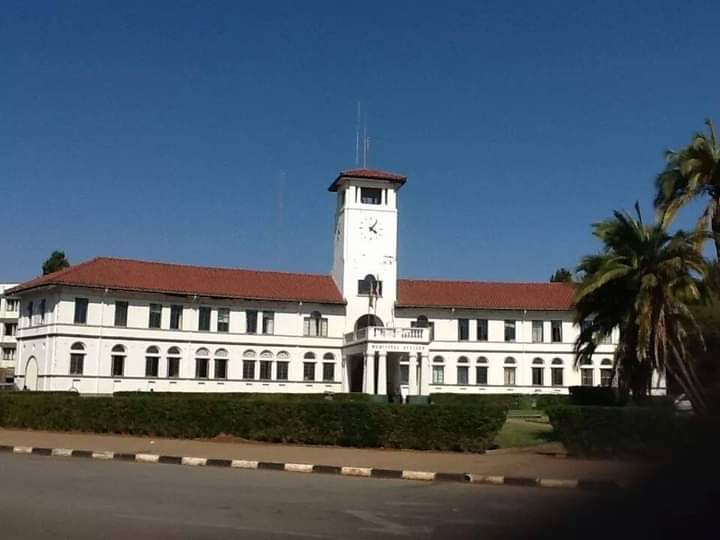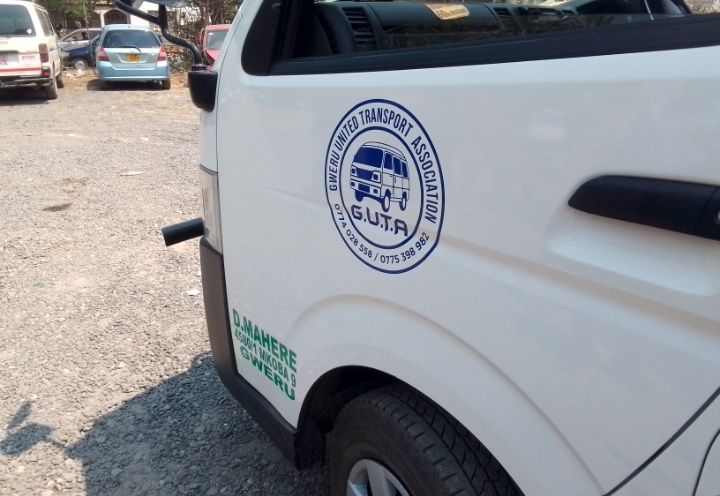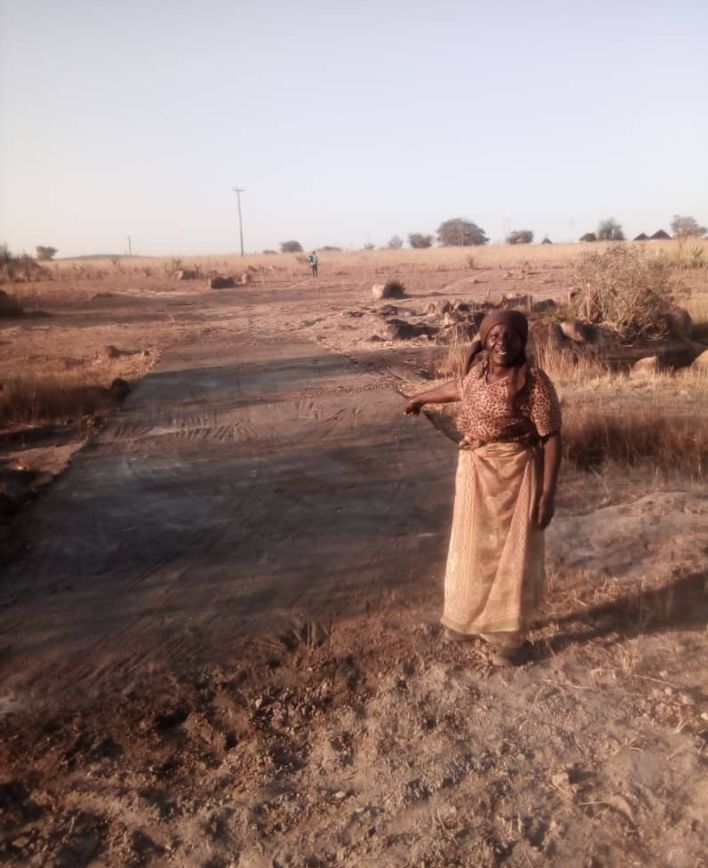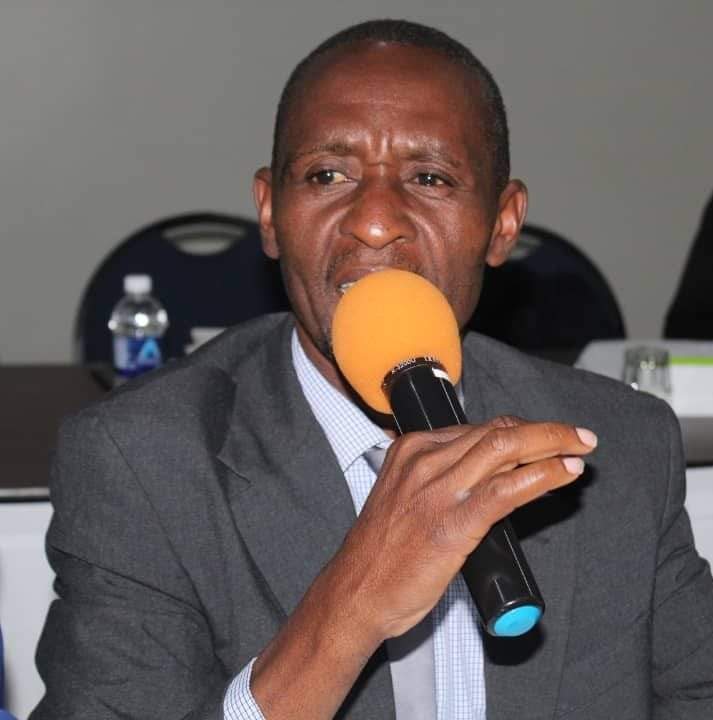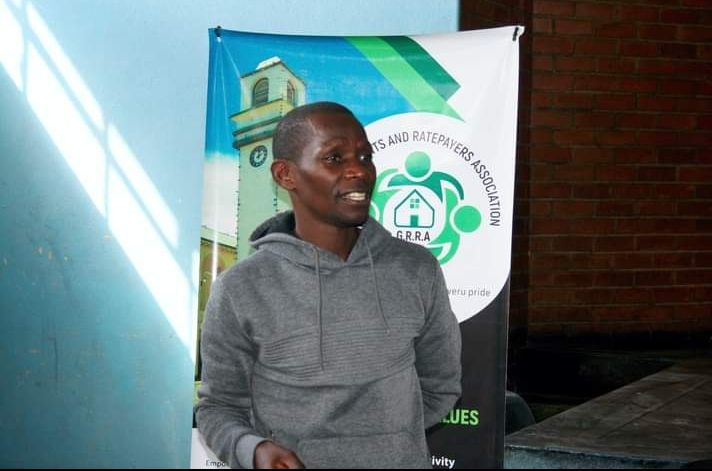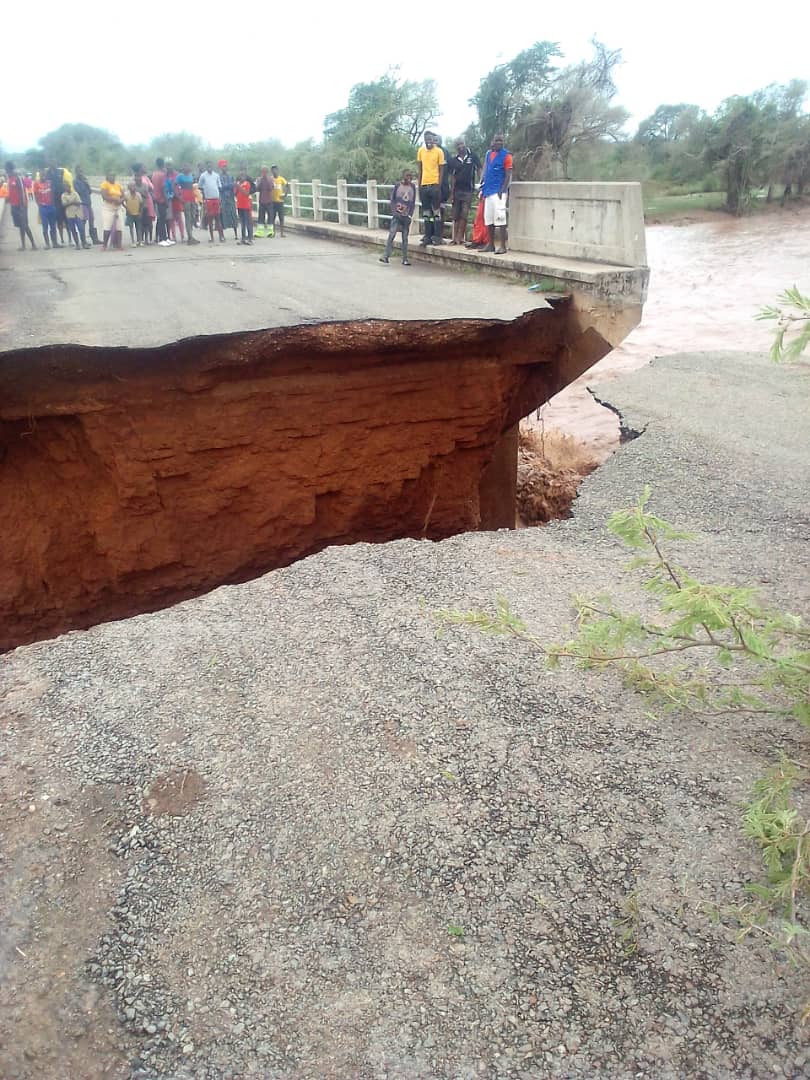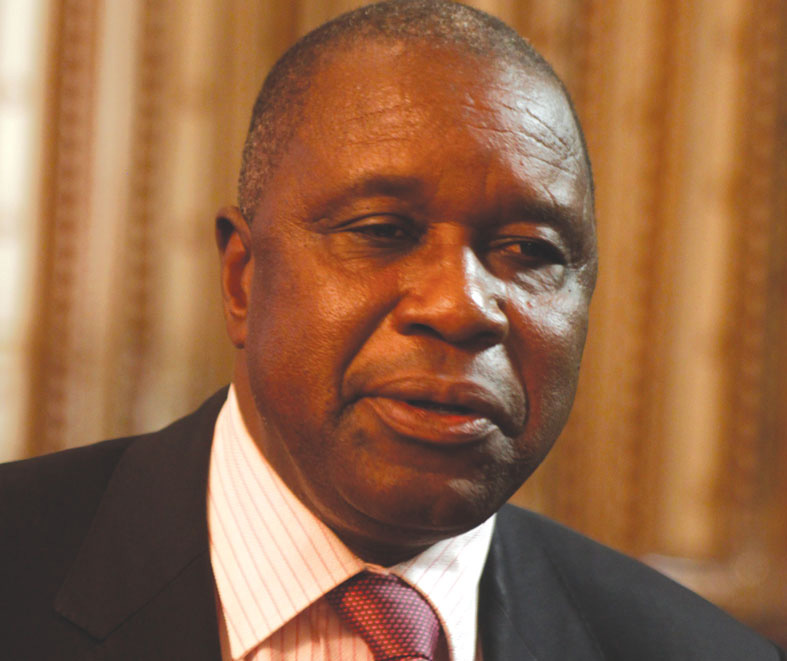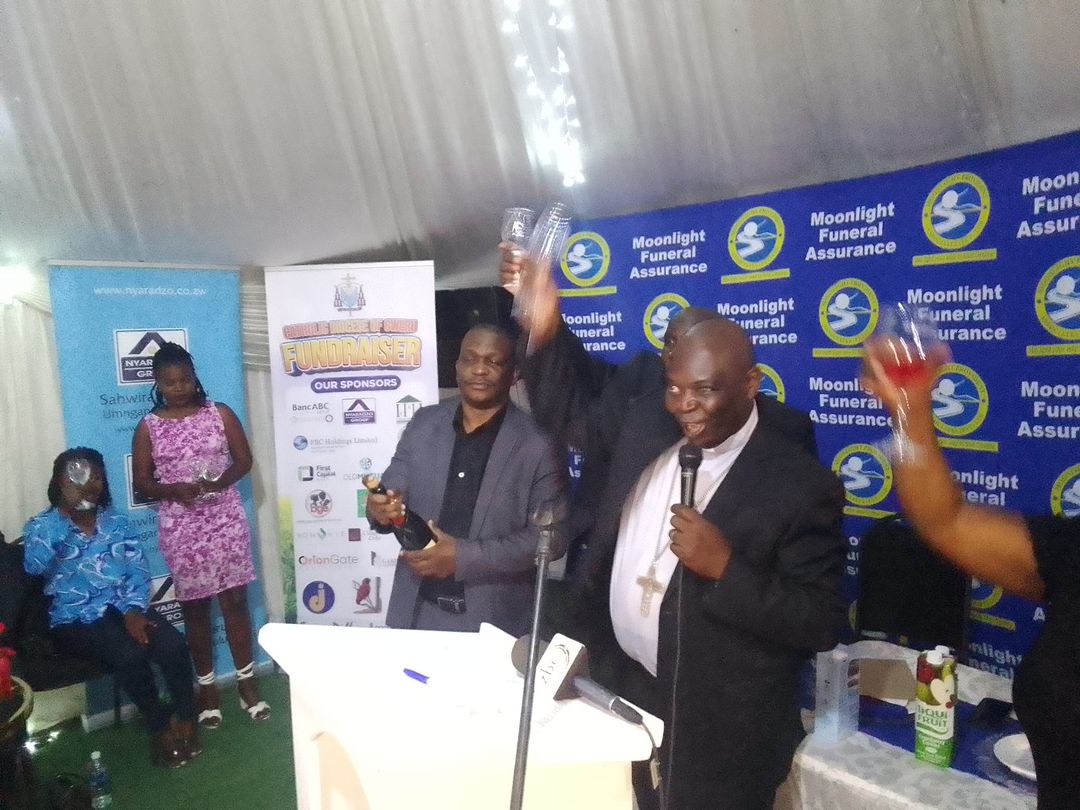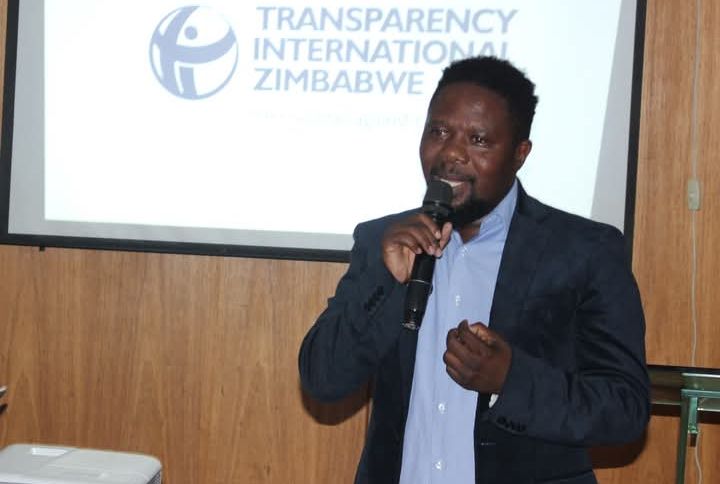
By Onward Gangata
THE government has been urged to speed up e-governance in its systems in order to improve service delivery and reduce corruption.
This was said by Transparency International Zimbabwe (TIZ) executive director, Tafadzwa Chikumbu in Gweru recently.
Chikumbu was speaking on the sidelines of a specialized land management training, held by TIZ in partnership with the Midlands State University’s Centre for Public Policy and Devolution (CPPD).
During the training, concerns were raised over the cost of data and the internet in the country as a major impediment to effective and efficient land management.
“I believe e-governance is the way to go, not only in land management, but across all sectors of governance,” said Chikumbu.
“This includes all government departments, parastatals and local authorities.”
“During the training, I understand that some of the concerns raised centred on the cost of the internet and data as a hindrance to e-governance.
“I believe that the government should deliberately invest in technology, because e-governance is not only software but hardware as well.
“So if the government is deliberate in equipping it’s institutions particularly with software and hardware, it can help us in moving towards e-governance.”
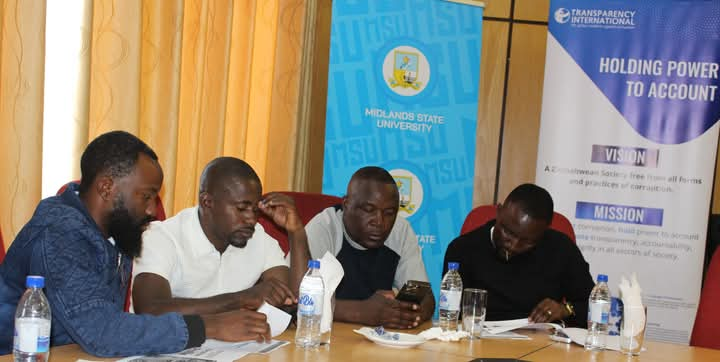
Public service officials have often been fingered in corrupt activities in service delivery.
And Chikumbu noted that a reduction in human interface during transactions can help in combating corruption.
“We believe that most of the corruption that happens, not only in Zimbabwe, but the world at large, is a result of human interface,” he noted.
“Automation and e-governance limits the human interface, where people are able to interact with their machines.”
The week long training brought together technocrats, policy makers, traditional leaders and several other stakeholders to foster efficient land management.
Participants have their say
City of Harare Housing and Community services director, Admore Nhekairo spoke on the significance of the short course.
“This course has been impactful in the sense that it brought together different practitioners and we have been able to get the soft skills on land management,” he said.
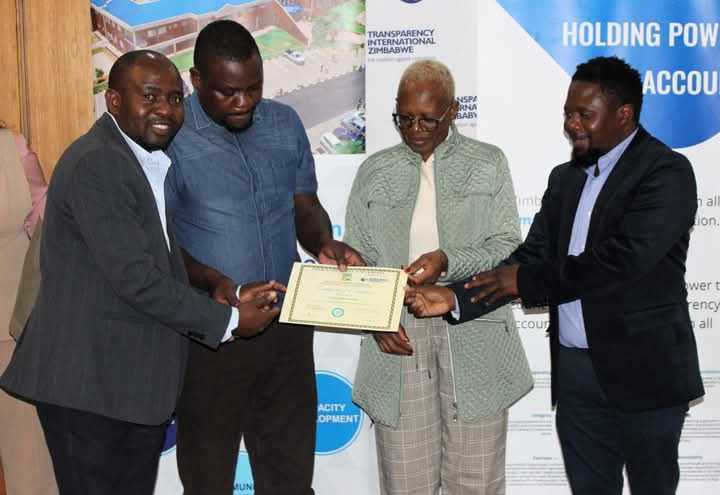
“The insightful evidence driven findings by the academia and the super imposing from those in the practice brought to the fore land governance gaps that we need to fill.”
Association of Rural District Councils in Zimbabwe, Secretary General, Isaac Matsilele echoed Nhekairo’s sentiments.
“Land management in Zimbabwe has a lot of issues,” he said.
“But it is only when we come together as practitioners and academia, to merge theory and practice, that we can find lasting solutions.”








